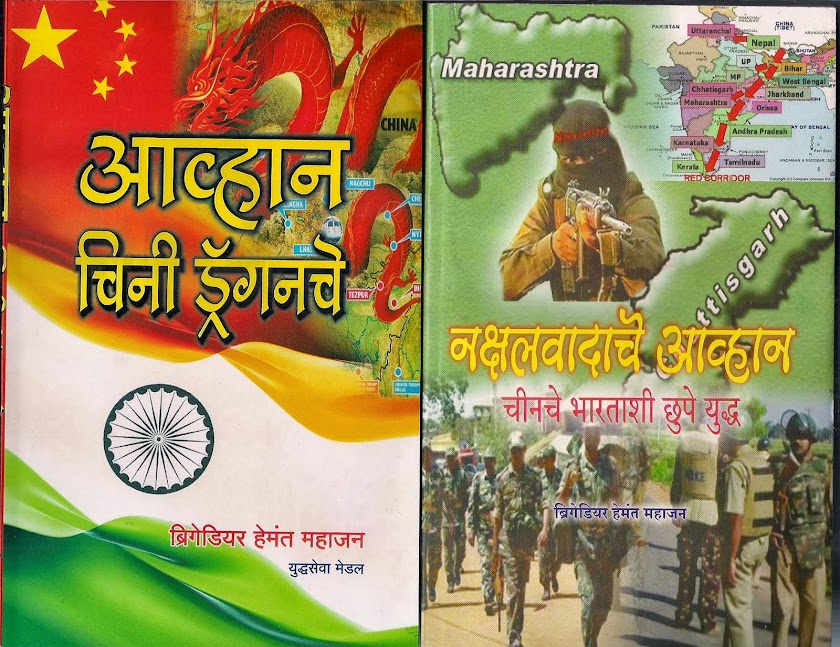Oil ,Energy
Security-
Ensuring stability in energy supplies vital
In the
case of volatile oil markets, India needs to keep a close watch on developments
such as decisions being taken by oil cartel Organisation of the Petroleum
Exporting Countries (OPEC). This dominating group has joined hands with Russia
and other allies to form OPEC+ but continues to restrict oil supplies by fixing
production quotas. Russia may be the outlier in the system and is now offering discounted
rates.
For a
change, the impact on India is not adverse. The oil markets are reflecting
concerns over the banking crisis by pushing prices downwards. So, after a year
of high rates, the benchmark Brent crude is now ruling at $75-78 per barrel. This
is roughly the same level as before the Ukraine conflict broke out last
February. It is good news for India that has had to cope with a rising import
bill for the 2022-23.
What is
even more encouraging is that predictions for 2023-24 are now moderating from
earlier forecasts of $100 per barrel. While this is still not comfortable for a
country that imports 85 per cent of its crude oil needs, it indicates that a
softening trend is expected to continue for the rest of the year.
No one
would have anticipated a event like the Ukraine war to occur and reverberate in
oil markets to such an extent that prices would touch $139 per barrel. Neither
would oil industry experts have expected a zero-Covid policy in China to reduce
global demand to such an extent that prices begin to slide from October last
year.
The
burden on India would have been even higher but for the availability of Russian
crude oil at discounted rates. When supplies began to be sourced from that
country, it was offering crude oil at rates $16 cheaper than the then average
price of $110 per barrel. The discounts continued since then, ranging from $8
to $12 per barrel. Rough estimates are that the country has saved over $3
billion by buying Russian oil rather than relying on traditional suppliers in
West Asia.
This
policy decision was taken despite pressure from western countries to join the
ban being sought on buying Russian oil supplied via the sea route.
Countering Chinese Multi domain War
Arming Vietnam:
Vietnam faces a serious long-term security
challenge from China’s growing assertiveness in the South China Sea, and its
response has included efforts to strengthen its military capability,
particularly in the maritime sphere. It aims to diversify Vietnam’s procurement
for its armed forces and coastguard, while also developing its national defence
industry.
ASEAN Maritime Outlook: An Idea Whose Time Has
Come?
In November 2022,
Indonesia’s foreign minister, Retno Marsudi, raised the prospect of an ASEAN
Maritime Outlook (AMO) in a speech at the 25th meeting of the ASEAN Political
and Security Council (APSC) in Phnom Penh, Cambodia. Since then, few details of
what the AMO would entail have been revealed. However, the AMO would not only
focus on maritime security, which suggests that its scope would be
significantly broad ranging.
AMO will most likely be a
stock take exercise to review ASEAN’s existing maritime-related mechanisms.
While it may not be the grand policy or strategy document that critics from
within and outside ASEAN had called for, the AMO will still be an important and
much-needed endeavour for ASEAN. The last time a review was done on the status
of existing ASEAN and ASEAN-led maritime mechanisms and initiatives was in
2008.
By clearly outlining
ASEAN’s maritime priorities, the common maritime agendas will become more
apparent. Furthermore, the Indo-Pacific has seen the advent of mini lateral
groupings that seek to advocate maritime issues, the QUAD – involving the
United States, Japan, India, and Australia – being one of them.
How would ASEAN Maritime
Outlook help in protecting its maritime interests? In summary, the ASEAN Maritime Outlook
could provide a framework for ASEAN member states and India to cooperate on
maritime issues, promote a rules-based order, address common challenges, and
foster dialogue and confidence-building measures. This could help to protect
Indian maritime interests in the Indo-Pacific and contribute to a more stable
and predictable regional environment.
Australia’s Security in China’s Shadow
As Australia awaits the outcome of a Defence
Strategic Review ordered by Prime Minister Anthony Albanese’s new Labor
government, and digests the parallel announcement of a pathway towards
acquiring nuclear-powered submarines under the Australia–United Kingdom–United
States (AUKUS) strategic technology agreement. Australia serves as an example
for other countries facing a similar set of challenges.
The demands of AUKUS-Australian Think Tank
AUKUS will require a major
uplift not simply in the navy, but across the defence organisation and
government—including in strategic analysis, program design and delivery,
technical competence, and disciplines that are hard to find in Australia such
as statecraft, complex project management and technical product management.
Much of the means of AUKUS
needs to be in civilian organisations. It’s not simply strategic expertise
that’s of concern, but a need for discipline in program governance and improved
civilian capability.
Despite the vociferous
coverage, AUKUS remains under debated—because its realisation will demand a
revolution in much of our society and economy.
Beijing’s Subversive Political Warfare in the
Pacific—and the Need for Greater Engagement by the United States and India
China is extensively
employing political warfare to subvert island states and undermine defense
architecture in the Pacific. The United States and its allies should build
responsible and effective partnerships with Pacific states, and present them
with a better option than the corrosive engagement offered by Beijing. What
should be this strategy?
Overall, countering
China's political warfare in the Pacific requires a sustained and comprehensive
effort that addresses economic, political, and social factors. By working with
Pacific states to build responsible and effective partnerships, the United
States and its allies can offer a compelling alternative to China's corrosive
engagement.
